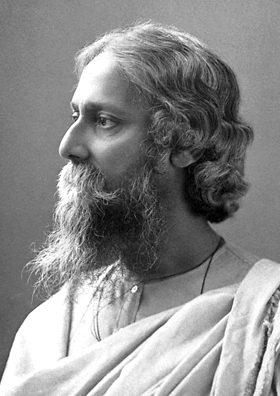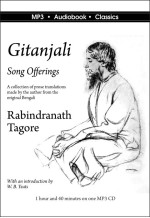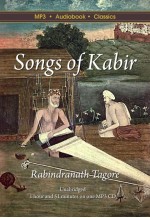Rabindranath Tagore
 | Rabindranath Tagore (May 7, 1861 – August 7, 1941) was a Bengali writer, artist, composer, and humanist who reshaped Bengali music and literature as well as Indian art during the late 19th and early 20th centuries. He was born a Pirali Brahmin in Calcutta to a well-to-do family with roots in the Jessore gentry. He was a child prodigy and polymath, writing poetry at the age of eight and publishing his first poems, stories and plays at age sixteen. His creative work helped modernize Bengali art by rejecting rigid classical forms and linguistic structures and looking to the personal and political for topics, helping spur a Bengal Renaissance. His work is noted for its naturalism, lyricism, cultural grounding, and contemplative tone. His canon consists of hundreds of paintings and drawings, hundreds of works of poetry, fiction, and essays, and over two thousand songs. The national anthems of India and Bangladesh were written by Tagore. He was an outspoken activist opposed to the British Raj and a proponent of independence from Great Britain. He was awarded the Nobel Prize for Literature in 1913. |
Gitanjali or Song Offerings
Gitanjali is a collection of 103 poems translated from the original Bengali collection by the author..
$9.99
Songs of Kabir
The Songs of Kabir is a collection of 100 poems attributed to the 15th-century Indian poet and mysti..
$9.99


